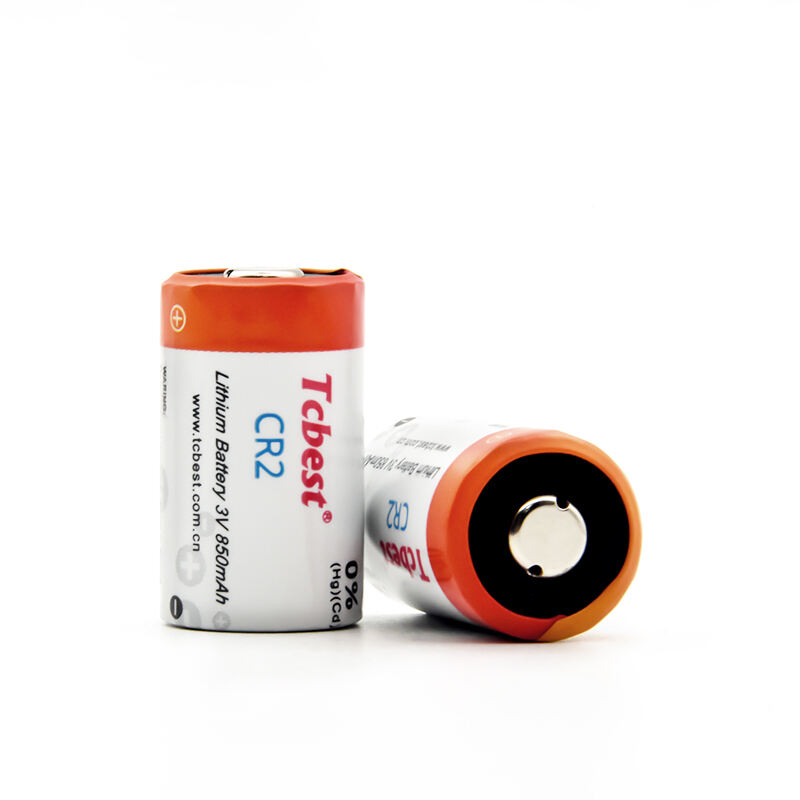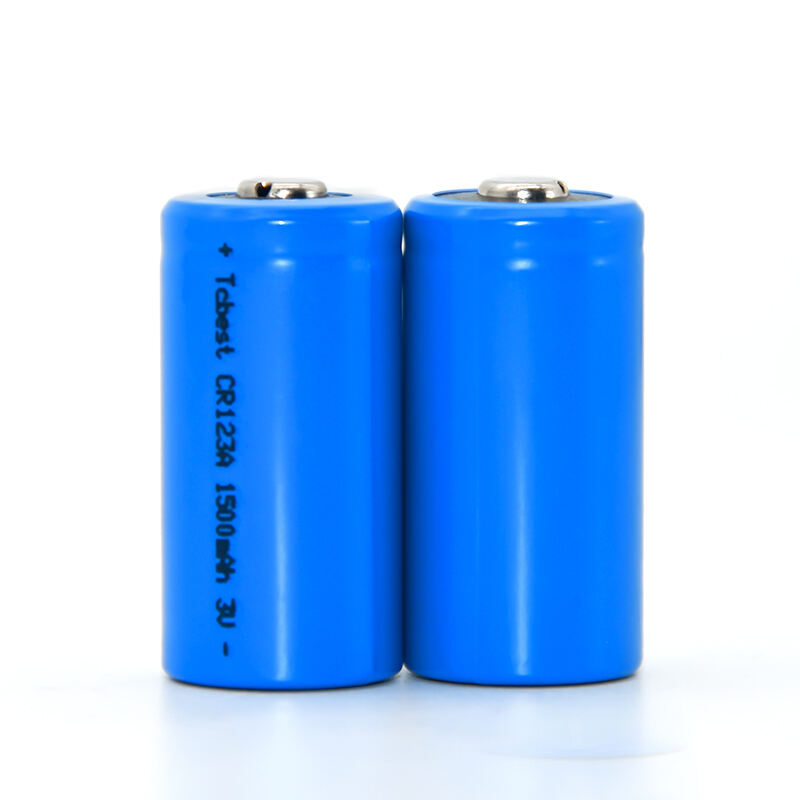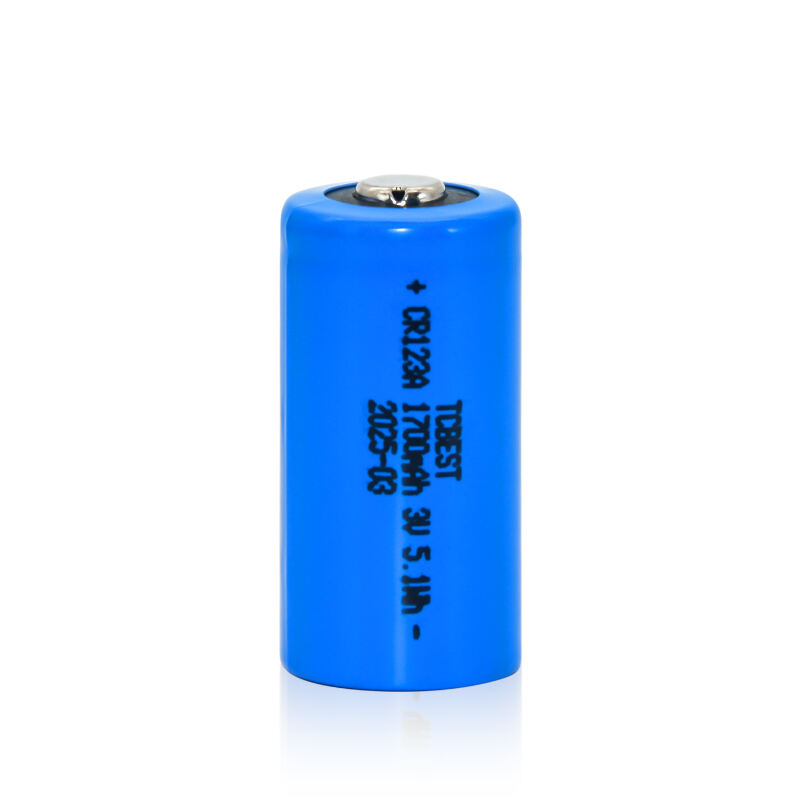lithium ion rechargeable battery
The lithium ion rechargeable battery represents a revolutionary advancement in portable energy storage technology. These batteries utilize lithium ions moving between positive and negative electrodes to store and release energy efficiently. At their core, they consist of an anode, cathode, separator, and electrolyte, working in harmony to provide reliable power. The technology enables high energy density storage in a compact form factor, making it ideal for various applications ranging from consumer electronics to electric vehicles. These batteries typically operate at voltages between 3.6 to 3.7 volts and can undergo hundreds of charge-discharge cycles while maintaining consistent performance. Their sophisticated battery management systems protect against overcharging and overheating, ensuring safe operation across diverse conditions. In modern applications, lithium ion batteries have become indispensable, powering smartphones, laptops, power tools, and even grid-scale energy storage systems. Their ability to retain charge when not in use and quick charging capabilities have made them the preferred choice for portable electronics manufacturers worldwide.


